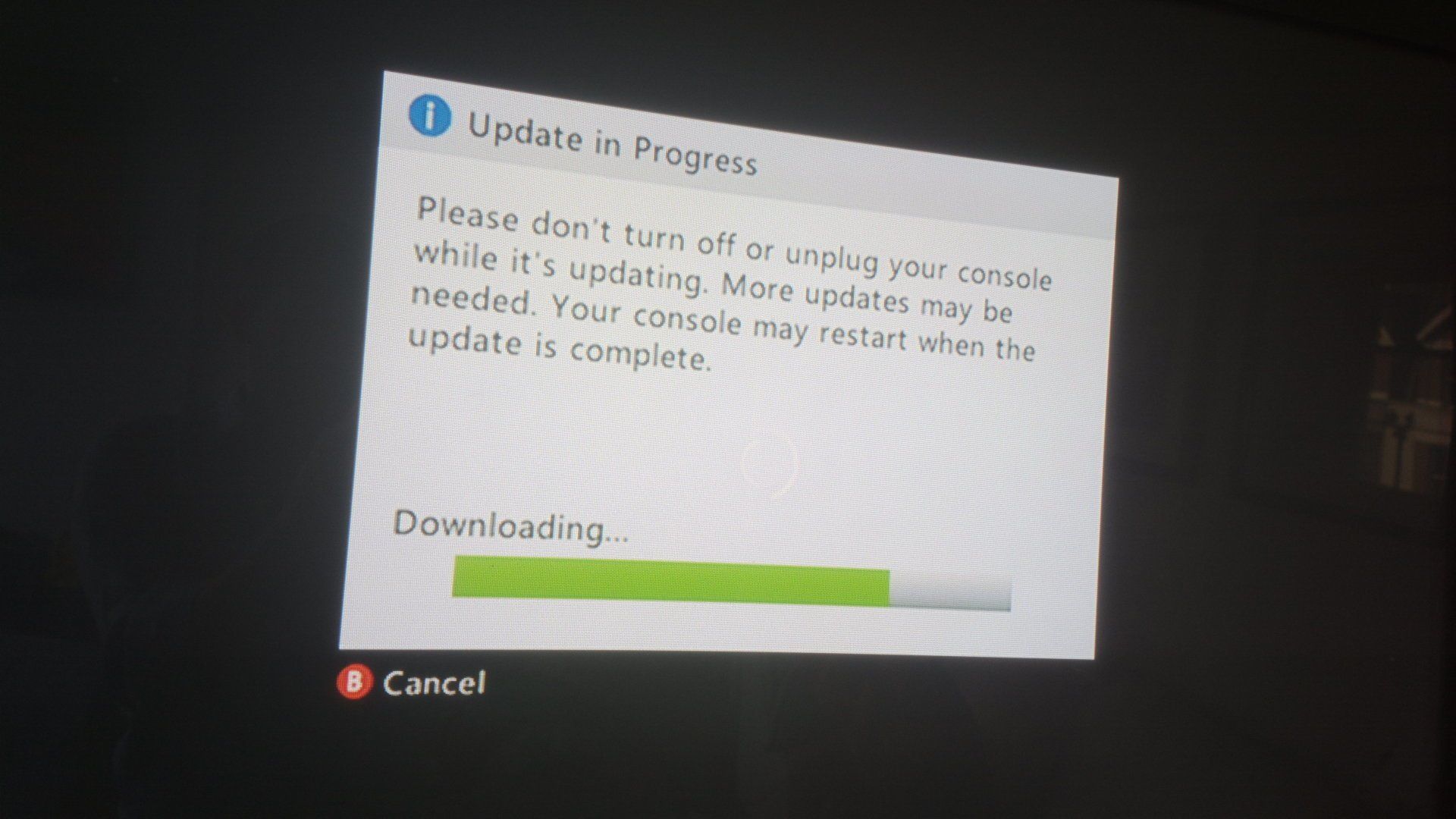How a Single 401(k) Works for Self-Employed
“There are many perks to being self-employed—flexible hours, the possibility of working from home and, of course, being your own boss. However, one major downfall that has historically burdened solopreneurs is the lack of access to traditional employer-sponsored retirement plans, such as a 401(k).”
Freelancers, gig-workers or solo entrepreneurs have always had a hard time saving for retirement. It takes a tremendous amount of self-discipline to take money that would otherwise go to run a household or pay quarterly taxes and set it aside in a retirement account. Without an automatic withdrawal from a regular payment, it’s tough. However, there is an option, says Next Avenue
in the article “A Retirement Plan for the Self-Employed: The Single 401(k).”
Known as the Single 401(k), the Self-Employed 401(k), Individual 401(k), or the Solo 401(k), this is a retirement plan designed for self-employed people or sole proprietors, and if applicable, also for their spouses. With a Single 401(k), 100% employee salary deferral of up to $19,000 is permitted in 2019, if you are under 50. If you’re over 50, that number can go up to $25,000. It also allows an employer profit-sharing contribution of up to $56,000 per year, which lets you save even more by being both the employer and an employee of your business.
Using the Single 401(k) can save you more than $14,000 in taxes per year (that is, assuming a $56,000 contribution and a 25.7% corporate tax rate), while simultaneously offering a loan provision, just in case you need to tap your savings.
Who qualifies for a Single 401(k)? You have to be truly self-employed, either in your own full-time small business or a part time gig. Your business can be a sole proprietorship, partnership, or corporation, but it can only have no other employees or employees who aren’t eligible to participate in a traditional 401(k). Examples of people who aren’t eligible would be people who are under age 21 or who work fewer than 1,000 hours per year.
The Single 401(k) works well for a husband/wife partnership or a small business with only part-time employees.
It provides flexibility so that when times are good, you can put away a lot. When times are lean, you can save less. Additional benefits:
- Reduced taxable income for pre-salary contributions.
- Built-in profit sharing for maximum savings deductble against business income.
- The cost of the plan is a deductible expense.
- Investments grow tax deferred.
- Higher contribution limits than SEPs and SIMPLE IRAs.
Small business owners don’t have an HR department to rely on, so it’s a good idea to talk with your estate planning attorney about how a Single 401(k) will work for your long-term retirement and estate plan.
Reference : Next Avenue (May 3, 2019) “A Retirement Plan for the Self-Employed: The Single 401(k).”










